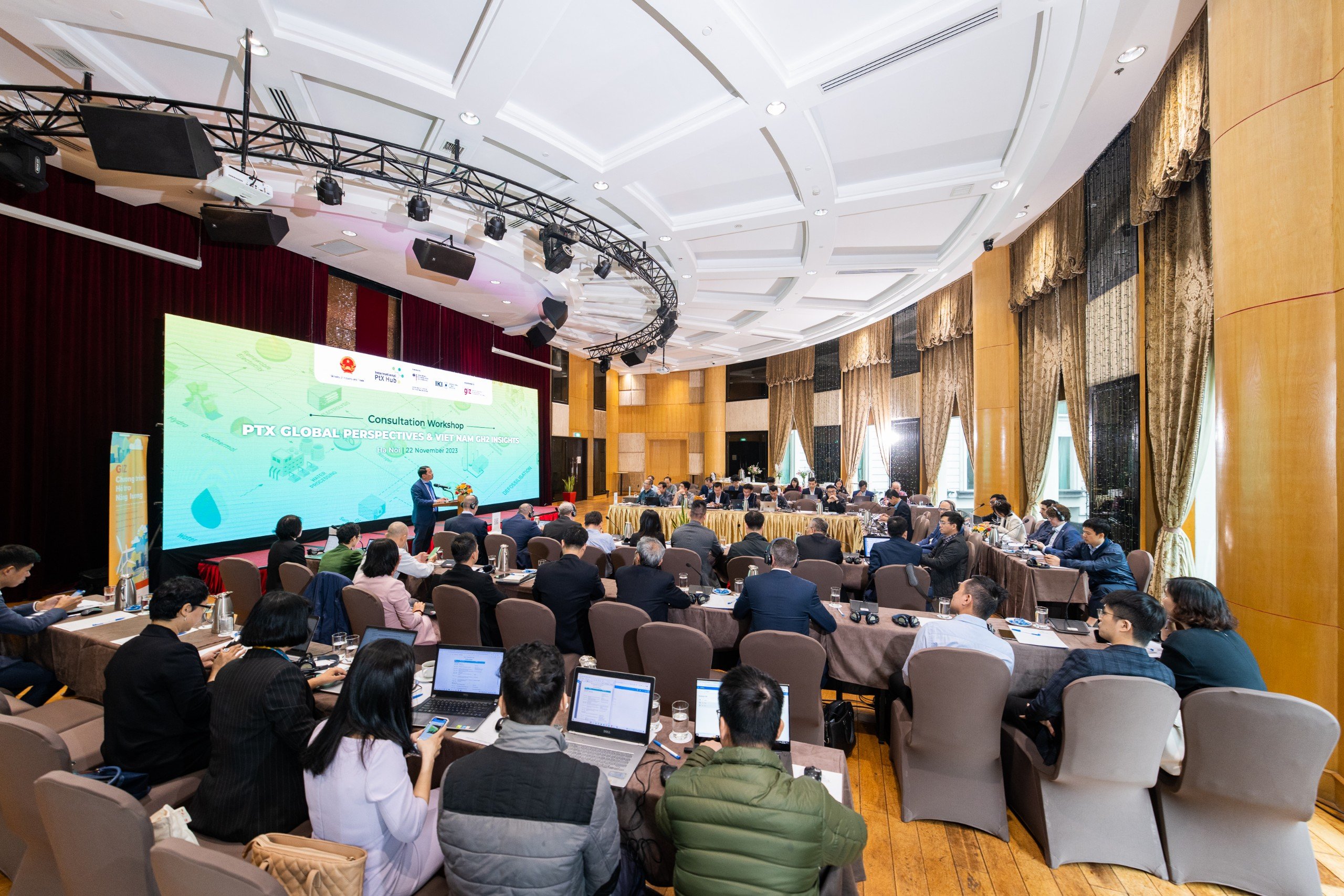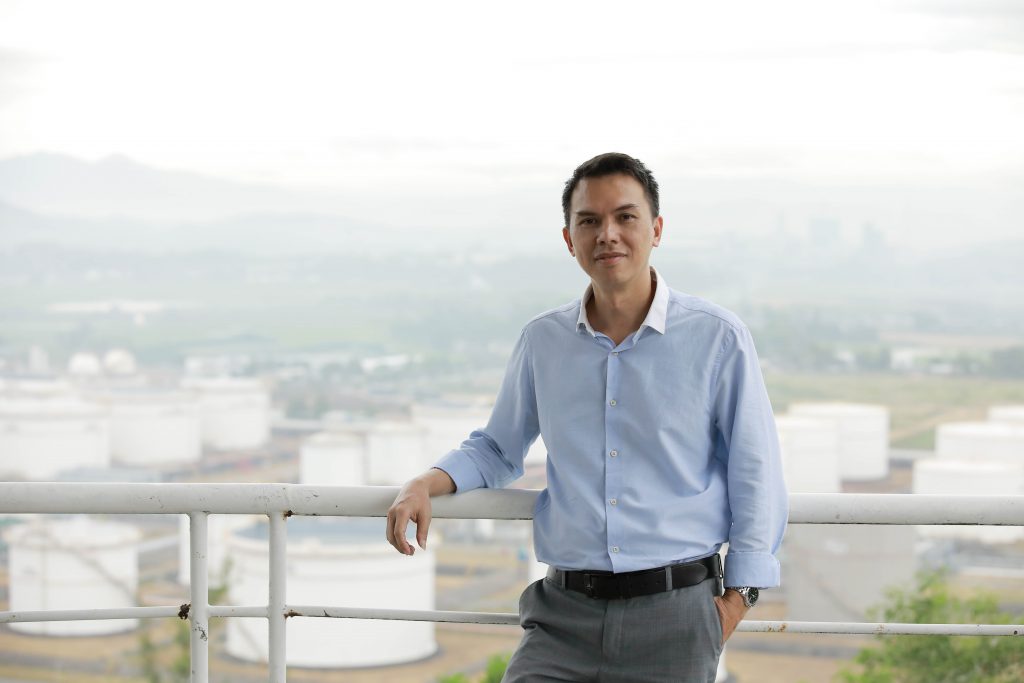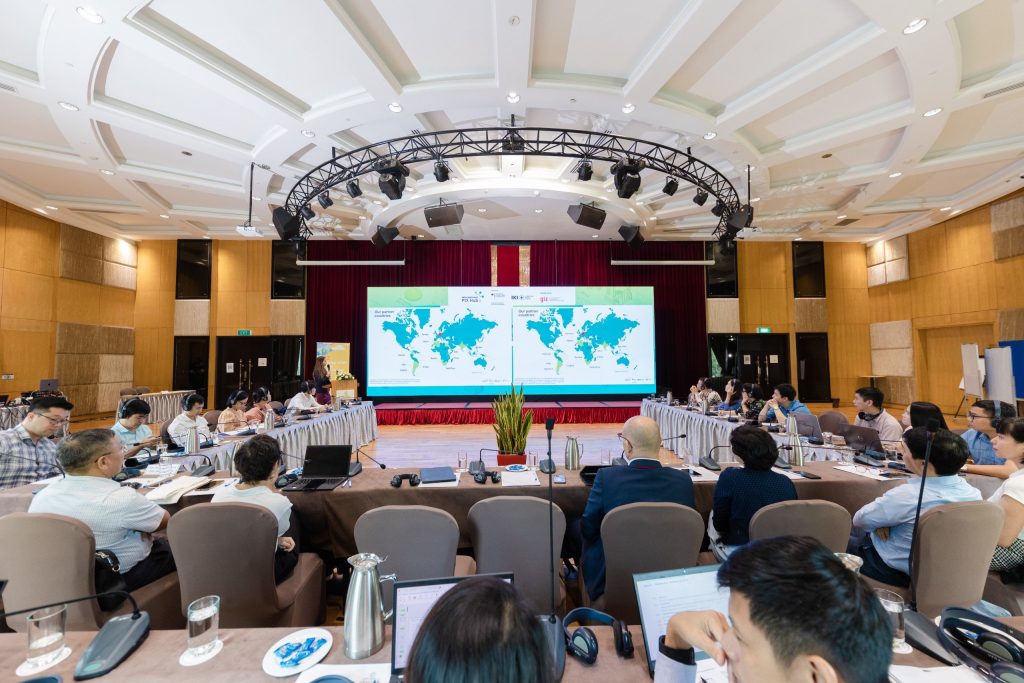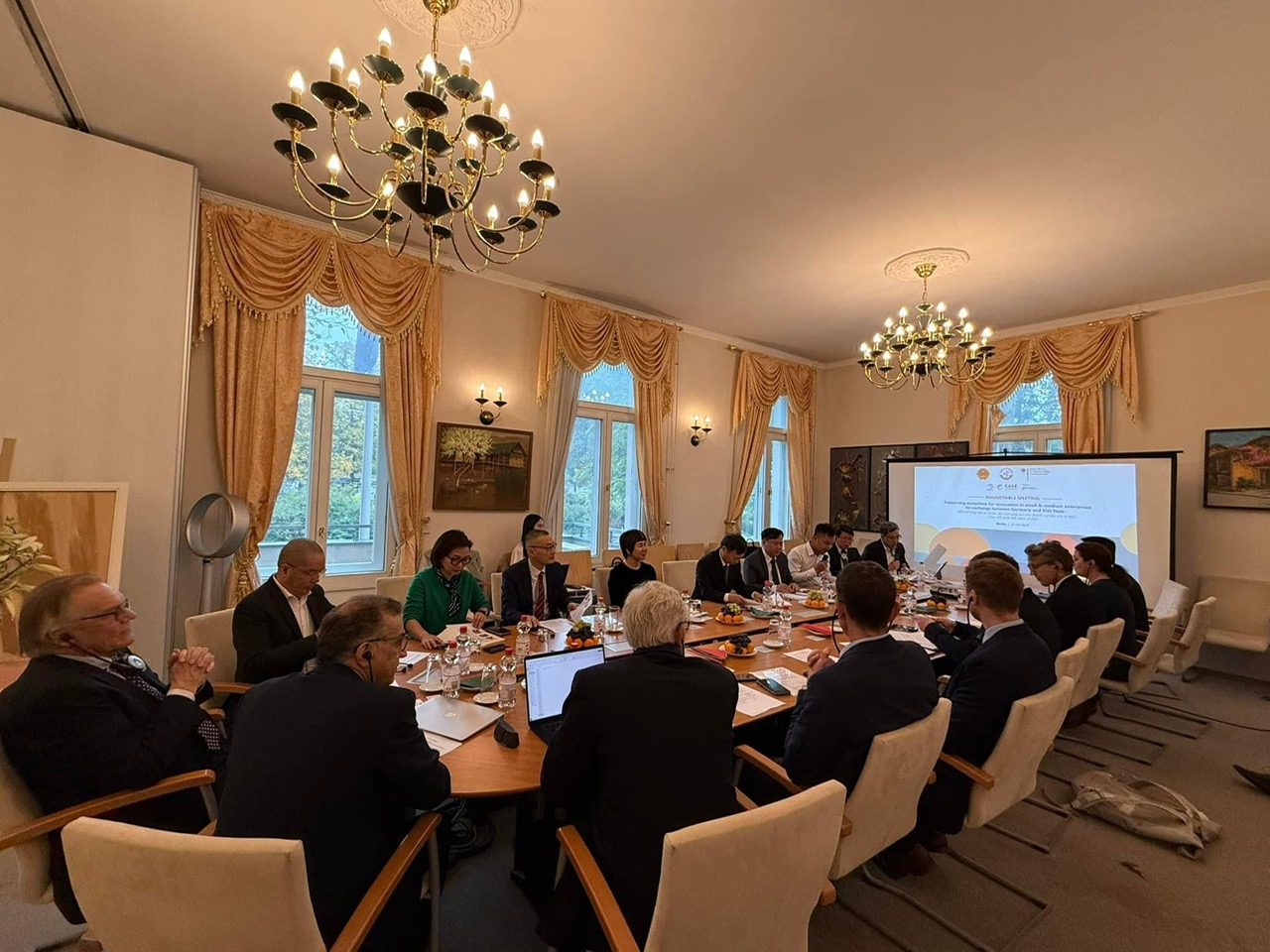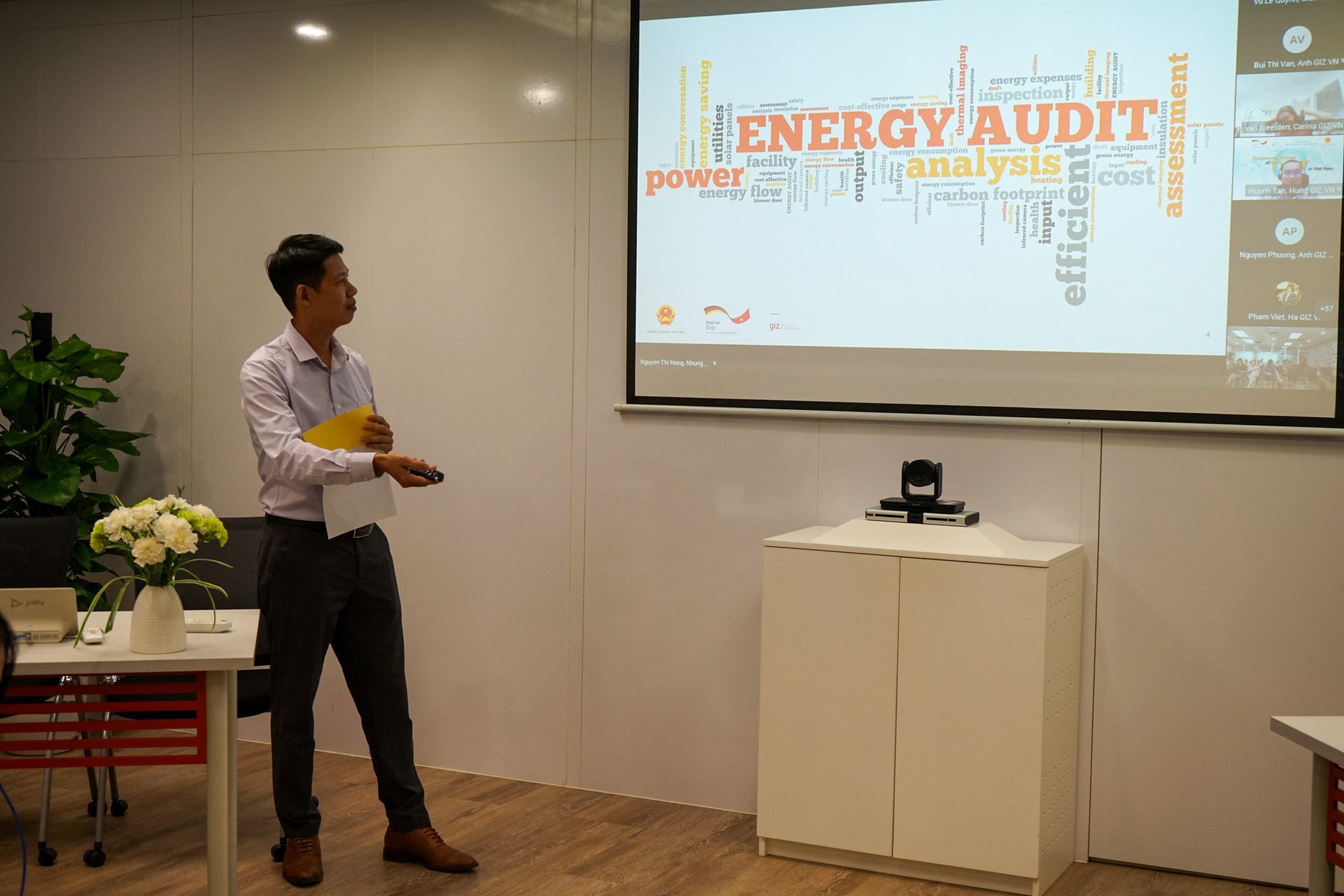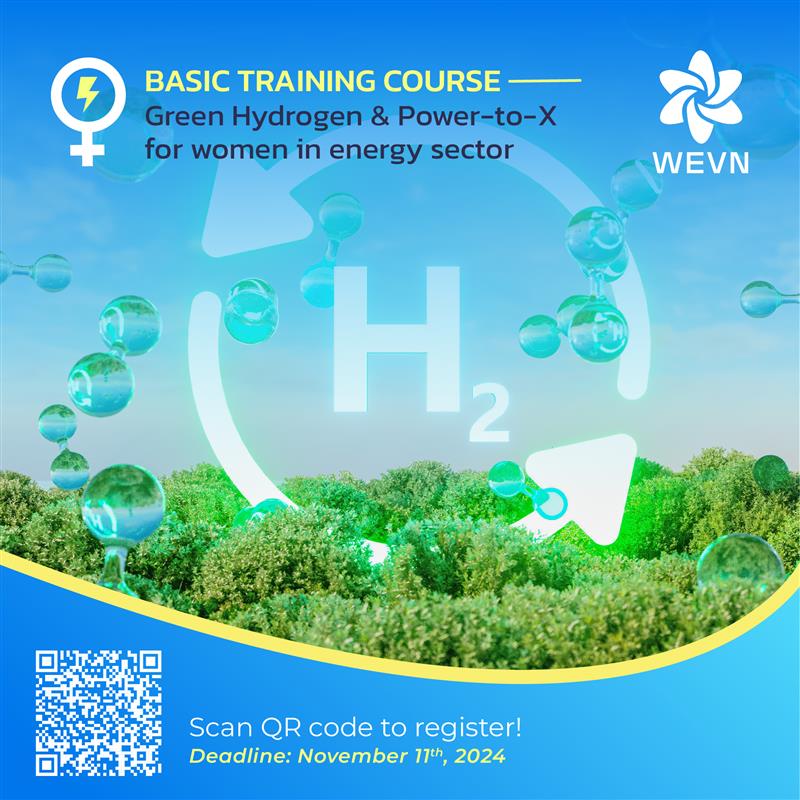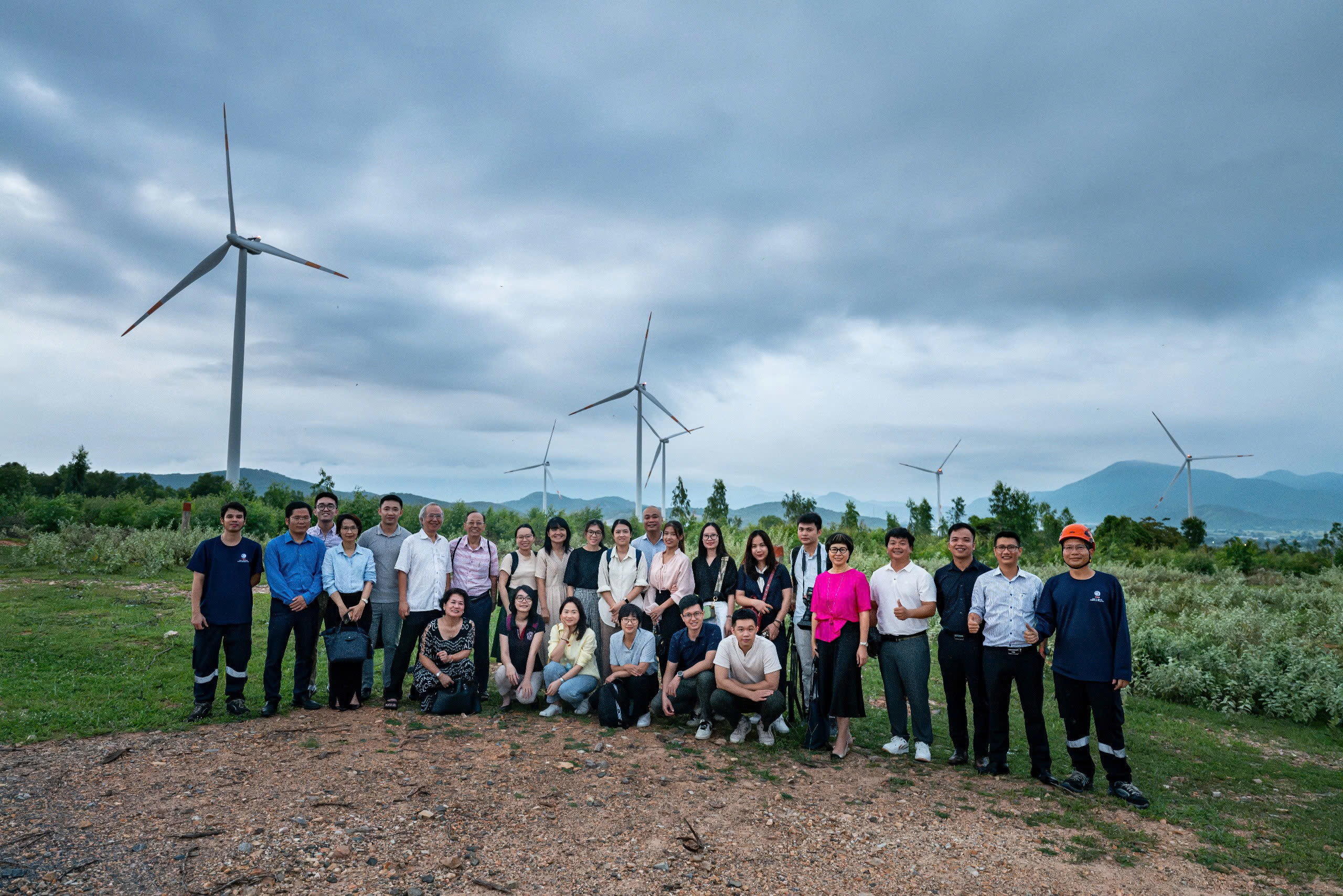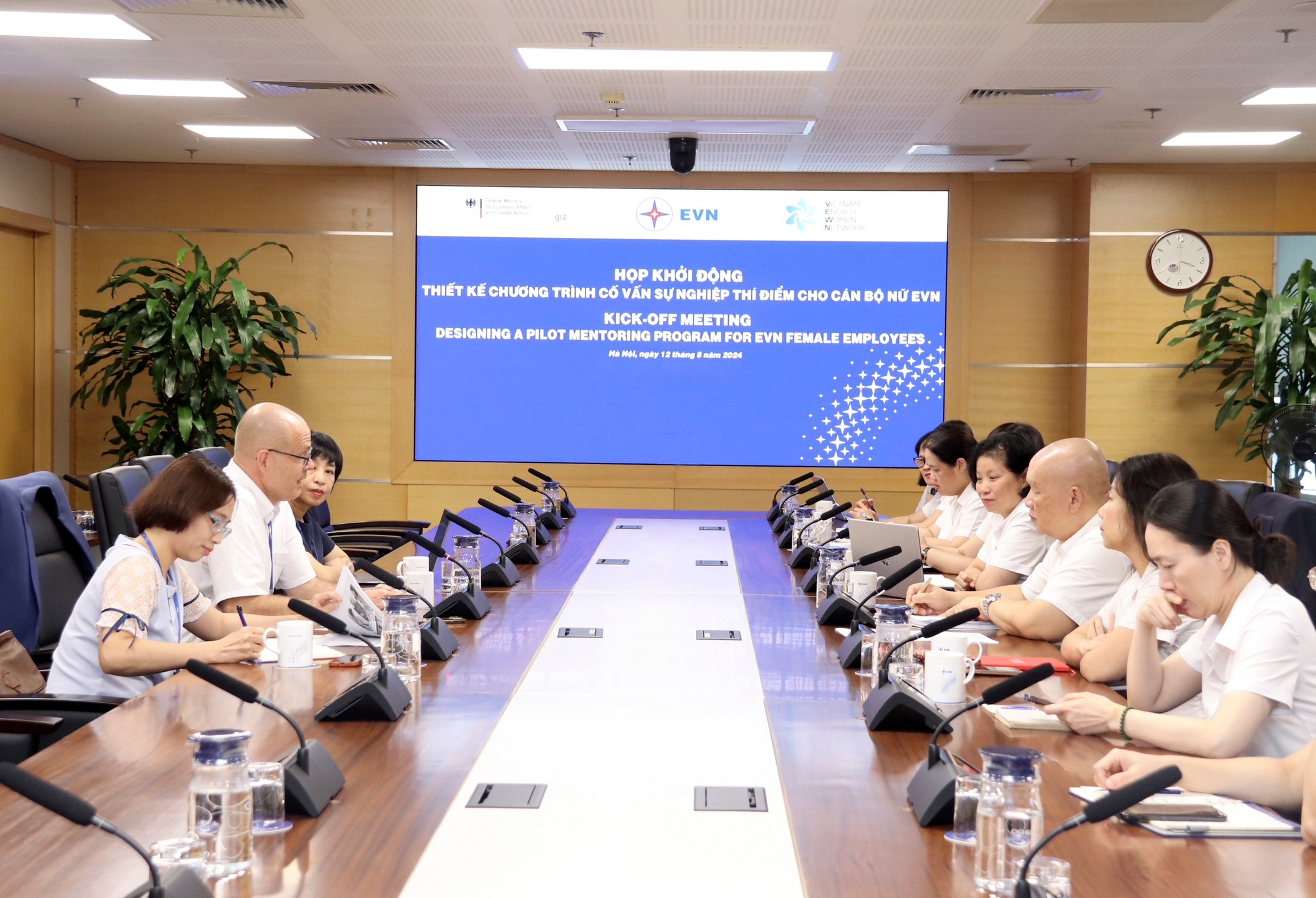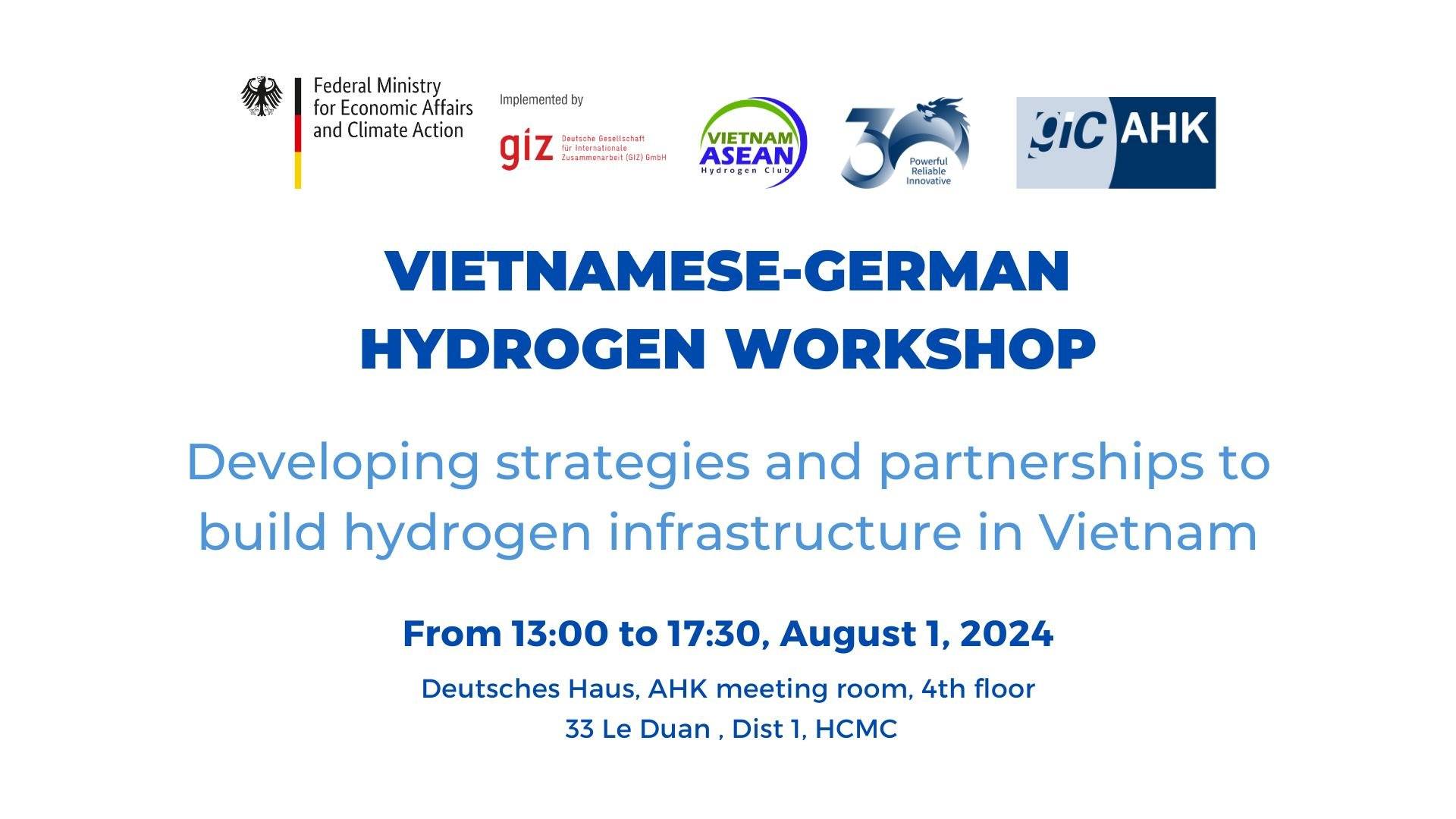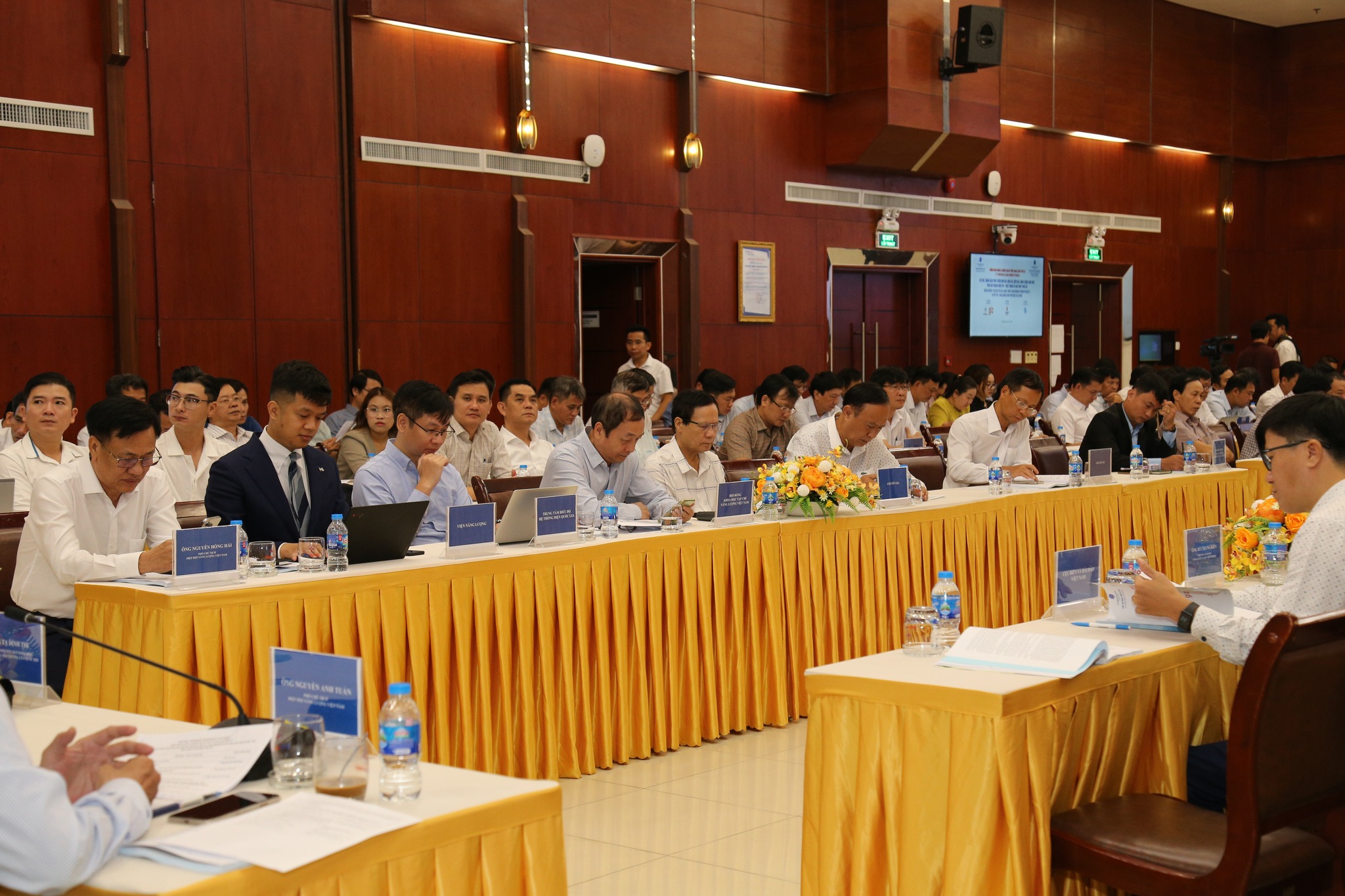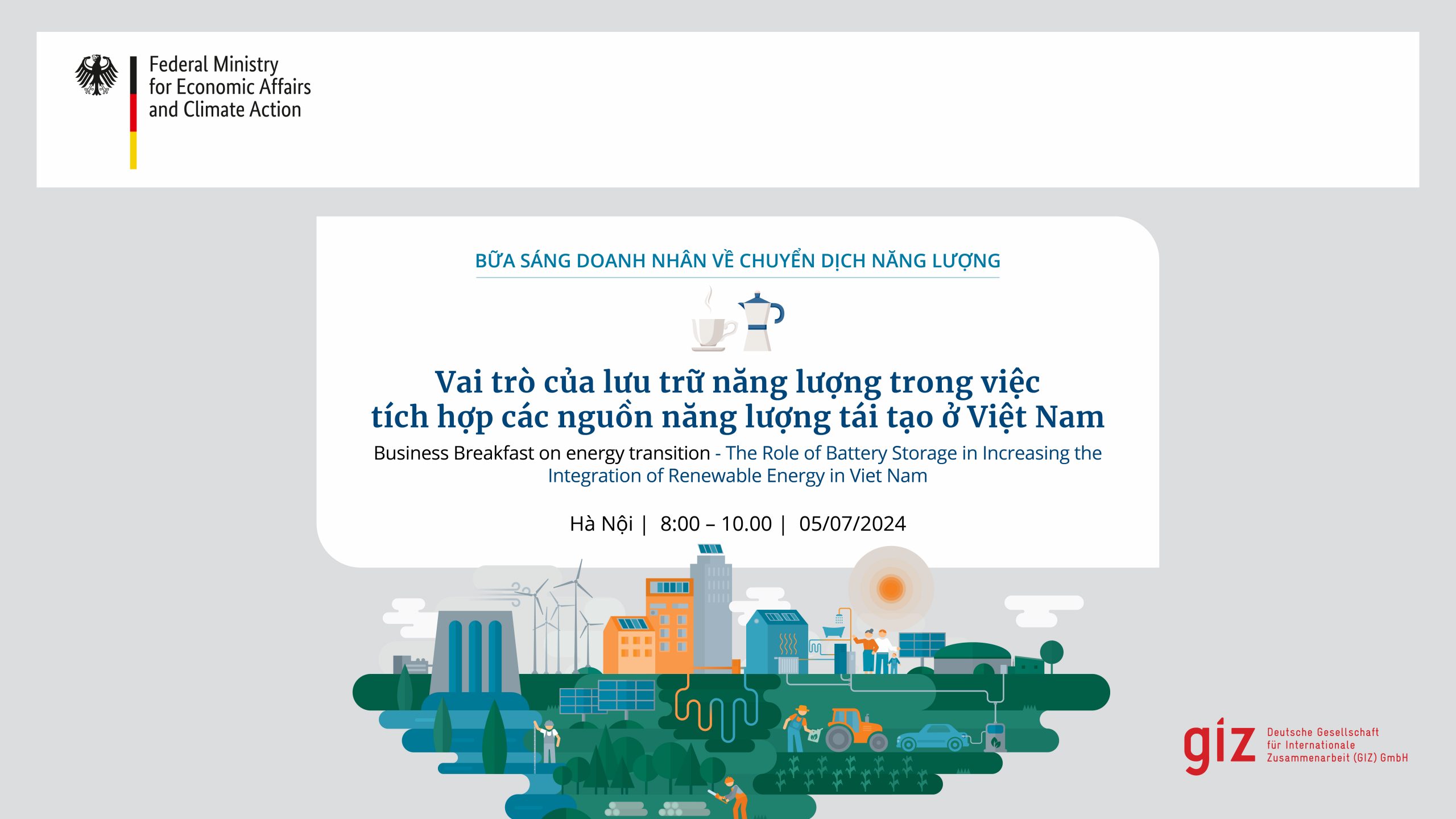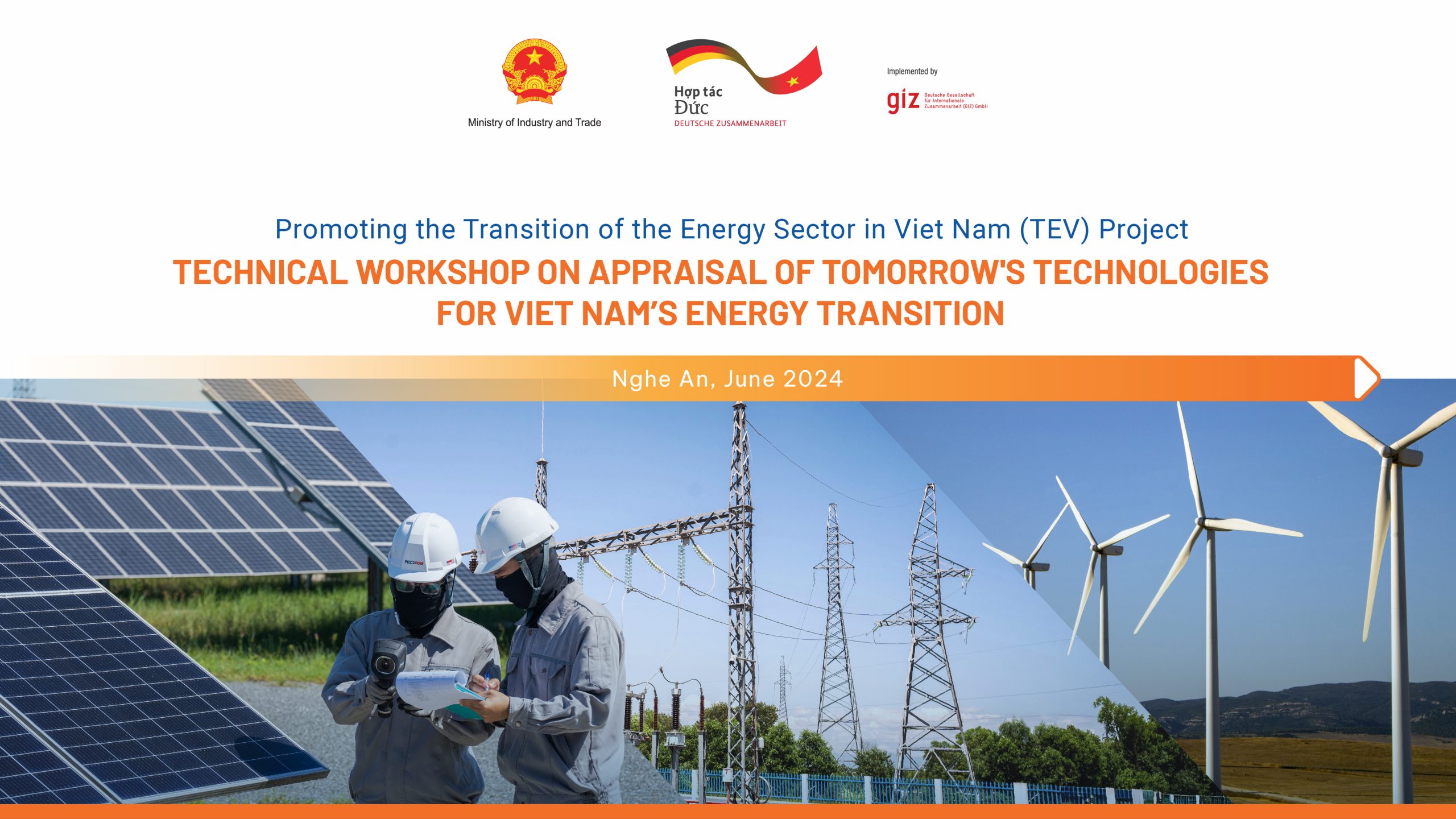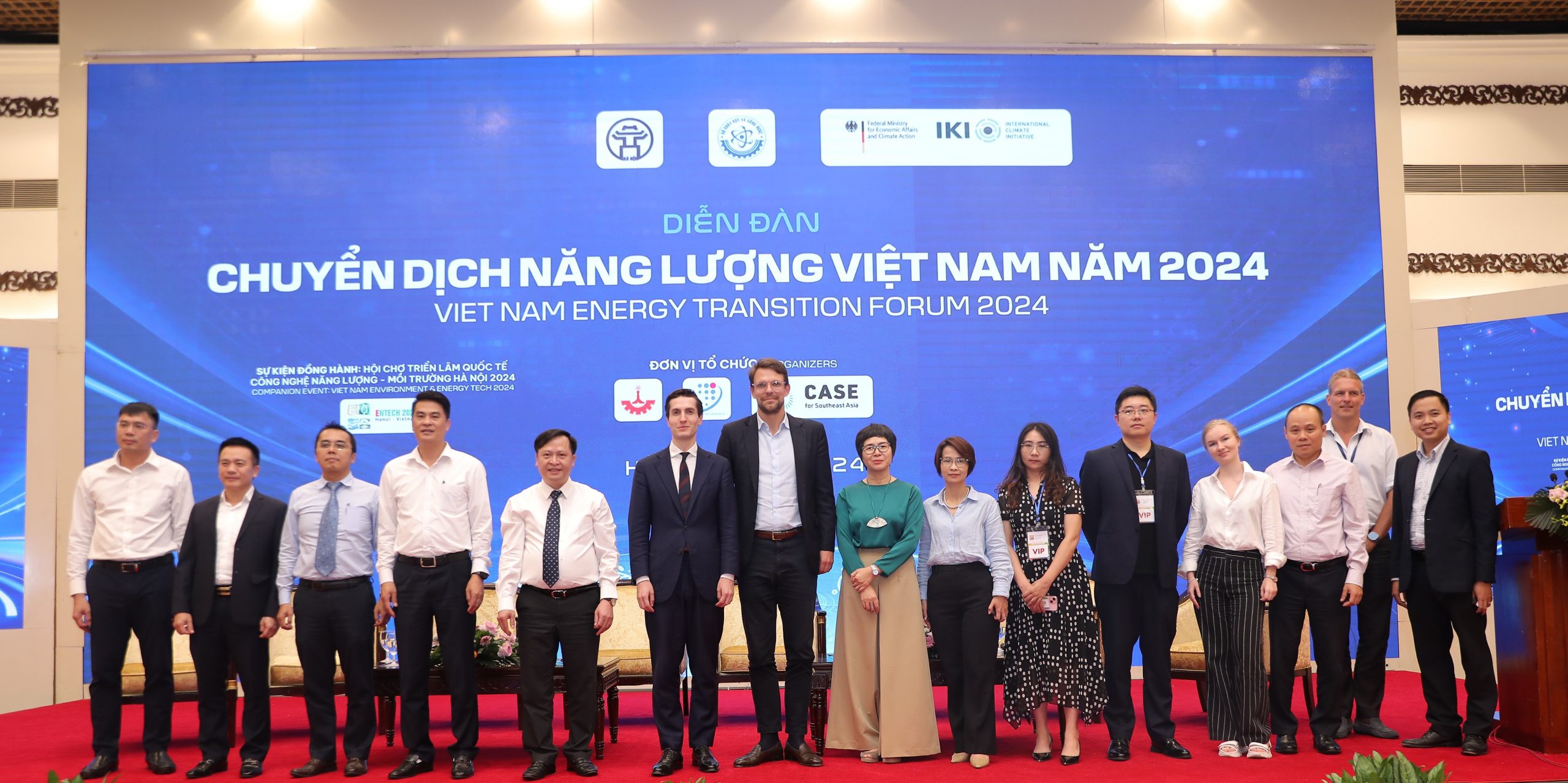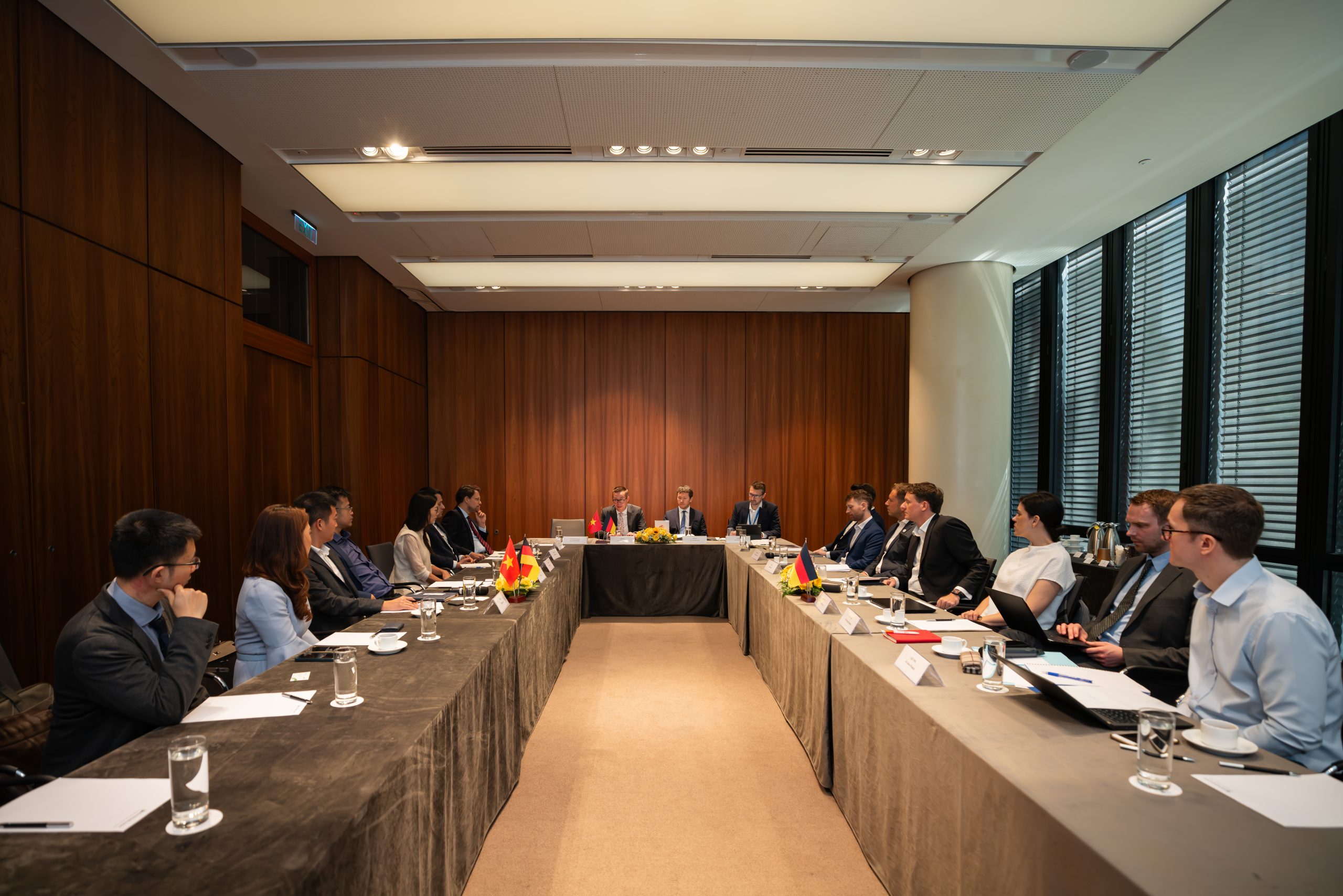Today, November 22 in Hanoi, the GIZ Energy Support Program (ESP) in collaboration with the Oil, Gas, and Coal Department (Ministry of Industry and Trade), organized a consultation workshop on “PtX global perspectives and Viet Nam GH2 Insights” within the framework of the PtX Outreach Project, funded by the Federal Ministry for Economic Affairs and Climate Action (BMWK).
The workshop aims to raise awareness about the role of green hydrogen in energy transition, as well as to provide a platform for the officials and experts of the field to discuss future directions of the Power-to-X (PtX) and green hydrogen industry in Viet Nam.
Sharing about Viet Nam’s National Hydrogen Strategy, Mr. Tran Thanh Tung – Deputy Director General of the Oil, Gas, and Coal Department (MOIT) said that hydrogen is being considered a priority energy source to replace fossil fuel and is expected to account for a significant proportion of Viet Nam’s energy structure in the future. Viet Nam’s orientation is focusing on offshore wind power in combination with other renewable energy sources (solar power, onshore wind power) to produce new energy (hydrogen, green ammonia) that serve domestic and export demands.
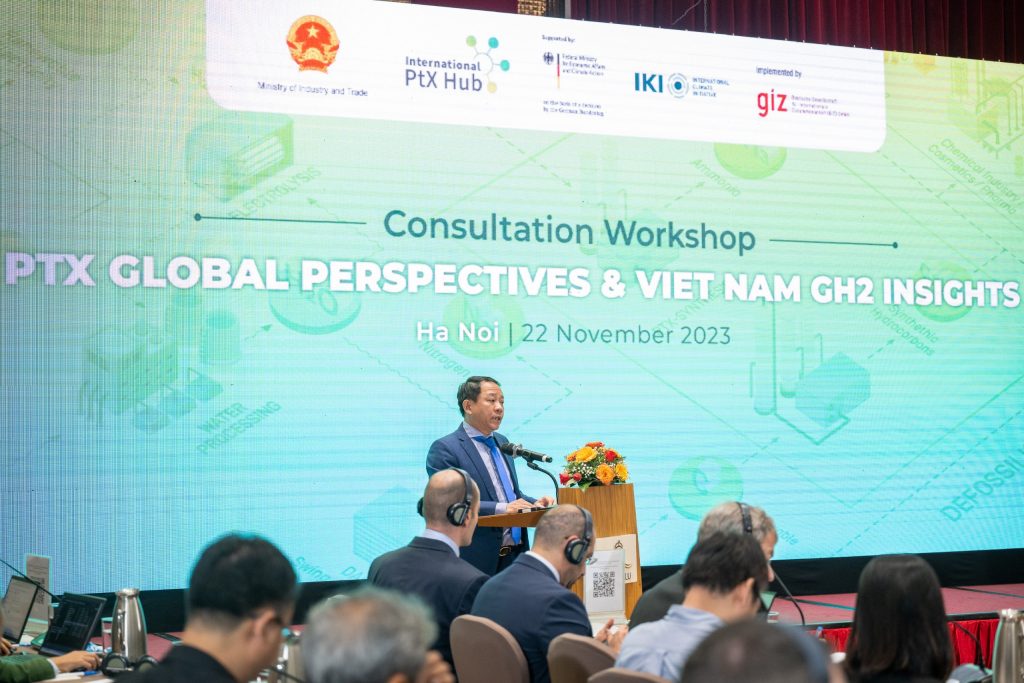
The Vietnamese experts also shared fact findings related to the potential for ammonia usage in Viet Nam’s power sector, as well as technical requirements for the PTX and green hydrogen development in the country. The experts emphasized that the development of the PtX and green hydrogen needs to be based on the industry’s sustainability criteria framework (in 4 areas of Environment, Economy, Society and Governance), while still meets the national sustainable development goals.
The expert recommended that for a sustainable development of the national industry, Viet Nam needs to establish standards and certifications for the PtX industry, as well as put effort into testing and operating a carbon market. Besides, it is necessary to prepare local skilled labor, attract talents from abroad; developing infrastructure, learning international technology; as well as providing financial support for domestic PtX projects.
From the international side, the experts also shared about trends and business opportunities in the global PtX economy. According to Mr. David Jacob – international consultant IET/GFA, the development orientation of green hydrogen should prioritize low-hanging fruits to minimize risks. It is recommended to invest on the industries with no alternative solutions to green hydrogen, or the ones that already use hydrogen, such as fertilizer production or desulfurization in refineries.
Regarding the potential of hydrogen export, the experts said that with the available land for renewable energy development of about 85,000 km2, Viet Nam is able to install 3,400 GW of solar power and 840 GW of onshore wind power. Based on the expert’s calculation, Viet Nam’s green hydrogen export potential from solar power and wind power can reach 23 million tons per year. The largest global markets for hydrogen imports include South Korea, Japan, Germany, England, France, and Italy.
International experts also provided recommendations on mid-range and long-term strategies for the Oil and Gas industry, including: detailed LCOX analyses at selected sites; establishing RE & GH2 development zones, spatial transport corridors; establishing areas focusing on the development of renewable energy and green hydrogen and space transport corridors; a detailed study on maritime bunker fuels, study on PtX competitiveness (for domestic demand and exported market); analysis of the PtX value chain; etc.
Speaking at the Seminar, Mr. Markus Bissel – PtX Outreach Project Director stated: “To achieve the Net Zero goal by 2050, besides expanding electricity generation from renewable energy and increasing energy efficiency, Viet Nam needs particular actions in transport, power, and manufacturing sectors, one of which is to use green hydrogen generated by renewable energy and its derivatives. GIZ in cooperation with the international PtX Hub in Berlin implement the PtX Outreach project with the goal of shaping the framework conditions for PtX production, secure financing, build international networks and partnerships, tap into country and market potentials towards a sustainable PtX and green hydrogen industry.”
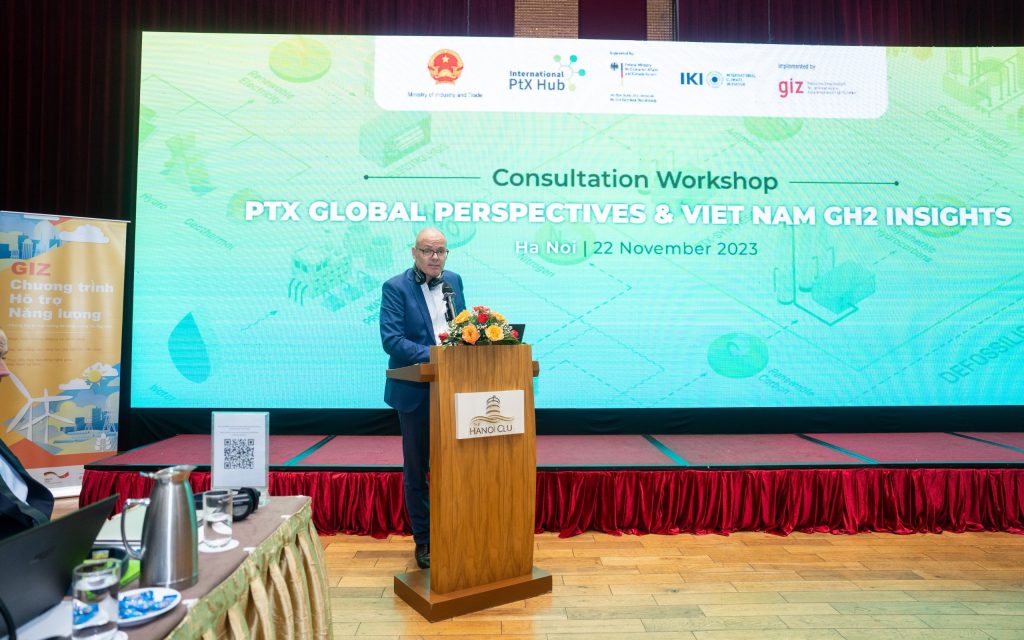
The workshop attracted the participation of more than nearly 70 delegates who are officials from the Oil, Gas, and Coal Department, representatives of research institutes, domestic and international consulting companies related to the field of renewable energy, thermal power plants, as well as corporations, power companies, and oil and gas companies across the country. The workshop is part of activities under PtX Outreach project implemented by the GIZ ESP with 4 main outputs: (1) to build capacities in PtX, (2) to facilitate dialogues on sustainability, (3) to give advice on policy frameworks and strategies for PtX and (4) to analyze country potentials.



